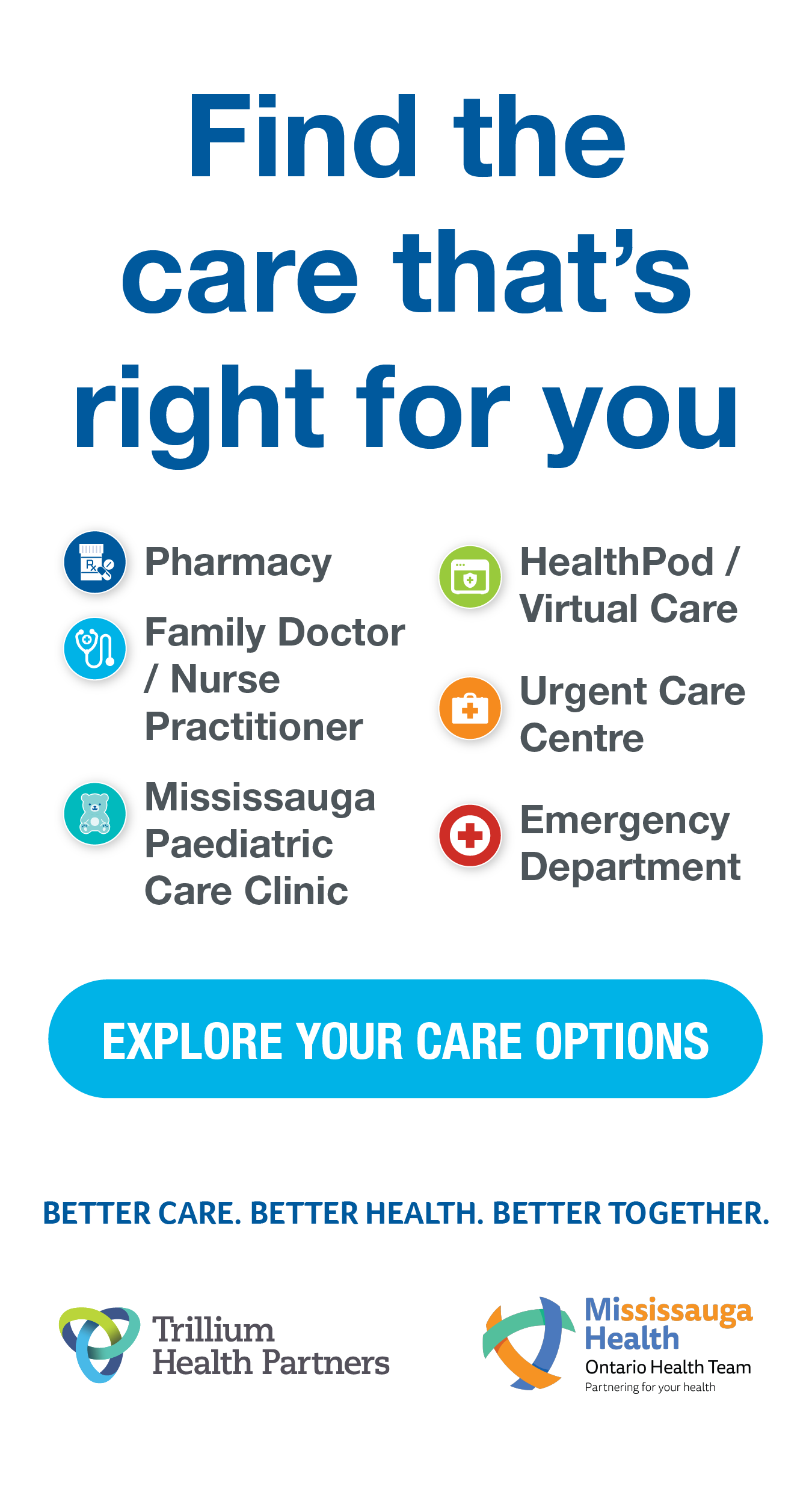on
BY SIMONE J. SMITH
“Many consumers might assume that the drugs they see all the time on TV are for cutting-edge therapies that are groundbreaking advances over the other treatment options on the market. Our study suggests that assumption is usually wrong. Heavily advertised drugs often do not necessarily provide meaningful therapeutic benefits as opposed to other therapeutic options.” Neeraj Patel
“My joints ache… my back throbs… my sleep eludes me… my energy is a distant memory… and oh, the heartburn!”
“But wait! There’s hope!”
“Hope? Is it real?”
“Indeed. Introducing Rahisapan, the revolutionary breakthrough that can significantly reduce joint pain! …improve sleep quality! …boost energy levels! …and banish that pesky heartburn!”
“Minor side effects may include… dizziness… nausea… insomnia… and in rare cases, spontaneous combustion.”
There was a time that we would only see infomercials after midnight, and it was usually for some miracle item that was going to make your entire life easier. As the years went by, we began to see these time slots increase, and then pharmaceutical products began to headline, slowly pushing mostly useless products to the side.
This is where the media manipulation increased. We started to see more and more direct-to-consumer ads being recycled, each one offering a miracle cure, a cure that always involves more and more artificial remedies for unnaturally manufactured problems.
There has been a lot in the news about President-elect Donald Trump circulating the mainstream airways, and most are doing their job, which is to trigger each and every viewer, polarizing them for future use. Today, we are going to focus on aspects of his presidency that are not highlighted but are important to our health and wellbeing.
When President-elect Donald Trump’s nominee to lead the U.S. Department of Health and Human Services (HHS), Robert F. Kennedy Jr. (RFK Jr.), was running as a presidential candidate, he made a promise to ban the ads through an executive order on his first day in office.
President Trump supported this, and for some time has criticized drugmakers and big food companies, saying they “Have engaged in deception, misinformation, and disinformation.”
Critics say the ads “Misinform patients and underemphasize treatment risks,” in part because they don’t provide all the information a patient needs to make an informed decision. The ads also lead to unnecessary drug prescriptions, which reports indicate raise healthcare costs for consumers and taxpayers.
Where was the genesis of this slippery slope? Under the Clinton administration in 1997, the FDA relaxed its policies, allowing drugmakers to list only “major risks” in their ads, paving the way for a new and massive wave of television advertising for prescription drugs.
Spending on ads shot up 330% between 1996 and 2005, reaching $4.2 billion by 2004, and continued to grow after that. Between 2016 and 2018, drugmakers spent $17.8 billion on ads for more than 550 drugs. Most of these drugs treat chronic medical conditions like arthritis, diabetes and depression.
Companies said such a ban would “almost certainly” lead to a drop in drug sales, according to a recent report by industry research firm Intron Health, which claims the return on investment for drug ads is as high as 100%-500%, depending on the drug.
While a complete ban on direct-to-consumer (DTC) drug advertising may prove elusive, consumers must become discerning health advocates. We must prioritize critical thinking and independent research. Remember the wisdom of our 102-year-old contributor: “Eat well, take your Vitamin C, and stay active.” These timeless tenets of wellness remain paramount.
Ultimately, our health lies in our own hands. By educating ourselves, questioning information, and prioritizing preventive measures, we can navigate the complexities of the pharmaceutical landscape and make informed decisions about our well-being.
REFERENCES:
https://www.gao.gov/products/gao-21-380
https://www.nejm.org/doi/full/10.1056/NEJMsa070502
https://www.wsj.com/articles/SB870991429202636000
Pharma Spends Billions on Drug Ads, Fears Trump Administration Will Try to Ban Them
Stay in the loop with exclusive news, stories, and insights—delivered straight to your inbox. No fluff, just real content that matters. Sign up today!
We, as humans are guaranteed certain things in life: stressors, taxes, bills and death are the first thoughts that pop to mind. It is not uncommon that many people find a hard time dealing with these daily life stressors, and at times will find themselves losing control over their lives. Simone Jennifer Smith’s great passion is using the gifts that have been given to her, to help educate her clients on how to live meaningful lives. The Hear to Help Team consists of powerfully motivated individuals, who like Simone, see that there is a need in this world; a need for real connection. As the founder and Director of Hear 2 Help, Simone leads a team that goes out into the community day to day, servicing families with their educational, legal and mental health needs.Her dedication shows in her Toronto Caribbean newspaper articles, and in her role as a host on the TCN TV Network.













